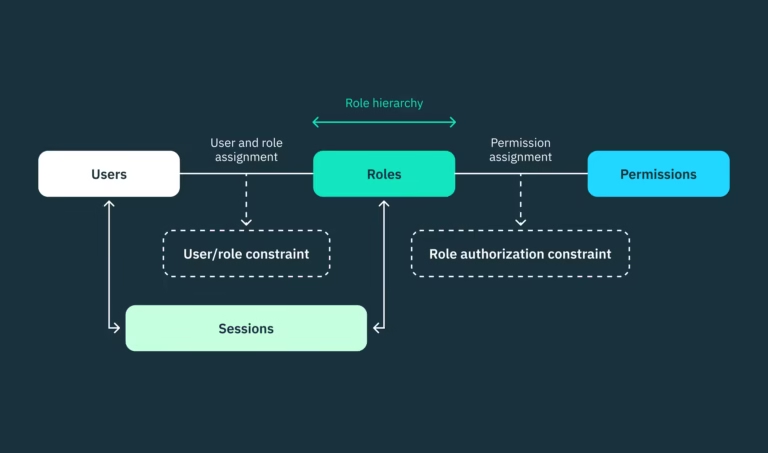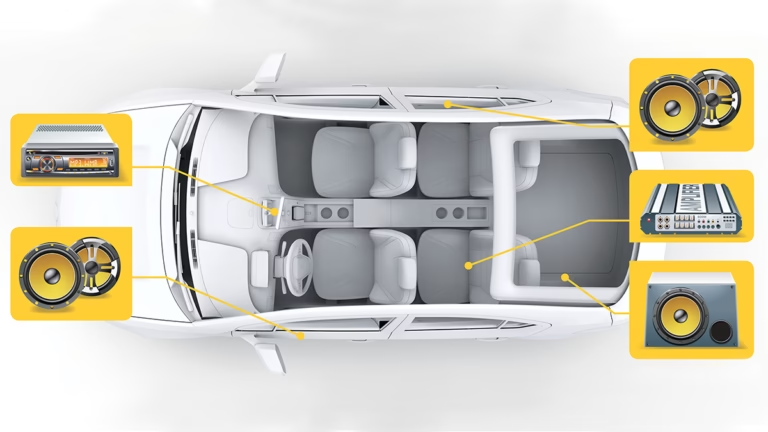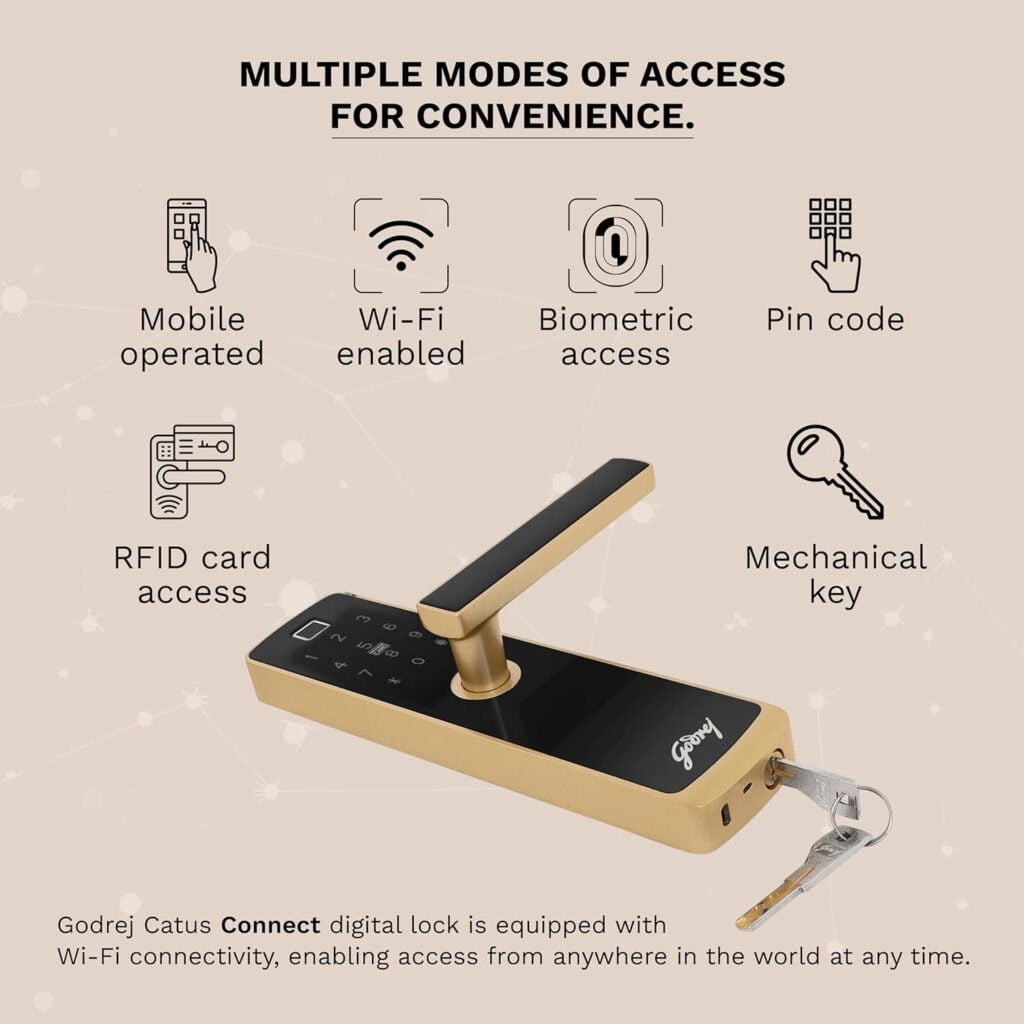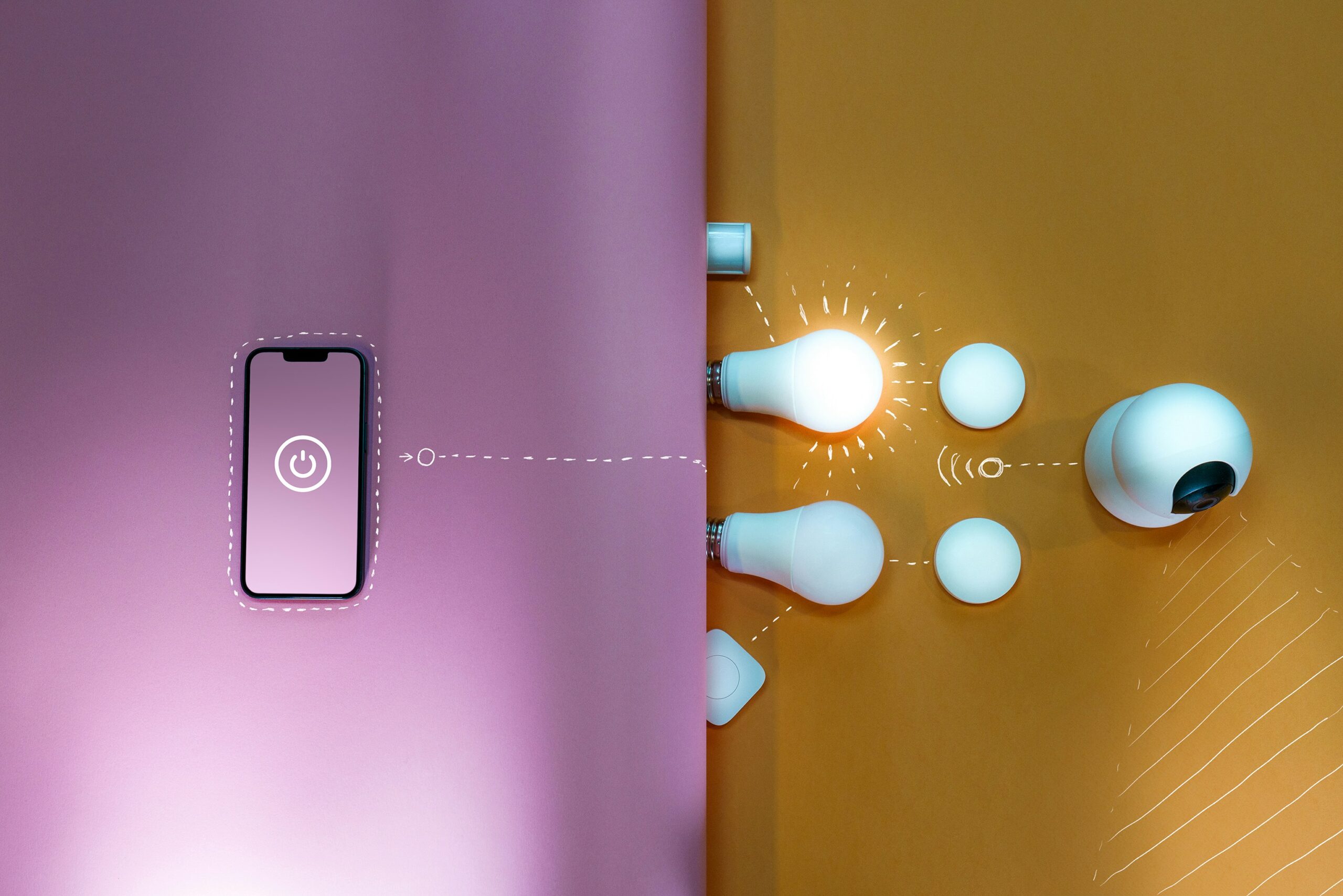
Photo by <a href="https://unsplash.com/@jakubzerdzicki" rel="nofollow">Jakub Żerdzicki</a> on <a href="https://unsplash.com/?utm_source=hostinger&utm_medium=referral" rel="nofollow">Unsplash</a>
Introduction to Smart Homes
Smart homes have revolutionized the way we interact with our living spaces, incorporating technology to enhance convenience, security, and energy efficiency. At its core, a smart home integrates various connected home devices and systems, allowing them to communicate and be controlled remotely through the Internet of Things (IoT) framework. This interconnected ecosystem includes smart thermostats, lighting systems, home security cameras, and voice-activated assistants, all working together to create a seamless and responsive environment.
The concept of home automation is the backbone of smart homes, enabling homeowners to manage and automate household functions through a centralized interface. This integration not only simplifies daily tasks but also optimizes resource consumption, contributing to energy-efficient smart homes. For instance, smart thermostats learn and adapt to user preferences, adjusting temperatures to reduce energy usage without compromising comfort.
In addition to energy management, smart home technology significantly enhances security. Innovations in smart homes now include sophisticated surveillance systems, smart locks, and motion detectors that provide real-time alerts and remote access controls, ensuring a comprehensive smart home security solution. Homeowners can monitor their property and control access from anywhere in the world, offering peace of mind and heightened safety.
Voice-controlled smart homes represent another leap forward, with devices like Amazon Alexa, Google Assistant, and Apple’s Siri enabling effortless command over various smart devices. This hands-free approach is not only convenient but also improves accessibility for individuals with mobility challenges or busy lifestyles. The smart home ecosystem continues to evolve, integrating more advanced technologies and expanding the possibilities of what can be automated and controlled within a home.
Overall, the rise of smart homes epitomizes the future of home automation, bringing together diverse technologies to create intelligent, responsive, and efficient living spaces. As innovations in smart homes continue to advance, the possibilities for enhancing modern living are virtually limitless.
Key Technologies Driving Smart Homes
The advancement of smart home technology hinges on several key innovations that collectively create a sophisticated home automation ecosystem. Central to this ecosystem is the Internet of Things (IoT), which interconnects various devices within a home, enabling them to communicate and cooperate. IoT in home automation allows devices such as thermostats, lighting systems, and security cameras to be controlled remotely and integrated into a single, cohesive system. This connectivity is the backbone of modern smart homes, laying the groundwork for more advanced functionalities.
Artificial Intelligence (AI) further enhances the capabilities of connected home devices by enabling them to learn from user behaviors and preferences. AI-powered systems can predict and automate routine tasks, such as adjusting the thermostat based on historical data or optimizing energy consumption patterns, thereby contributing to the development of energy-efficient smart homes. These intelligent systems create a more personalized and efficient living environment, adapting to the unique needs of each household.
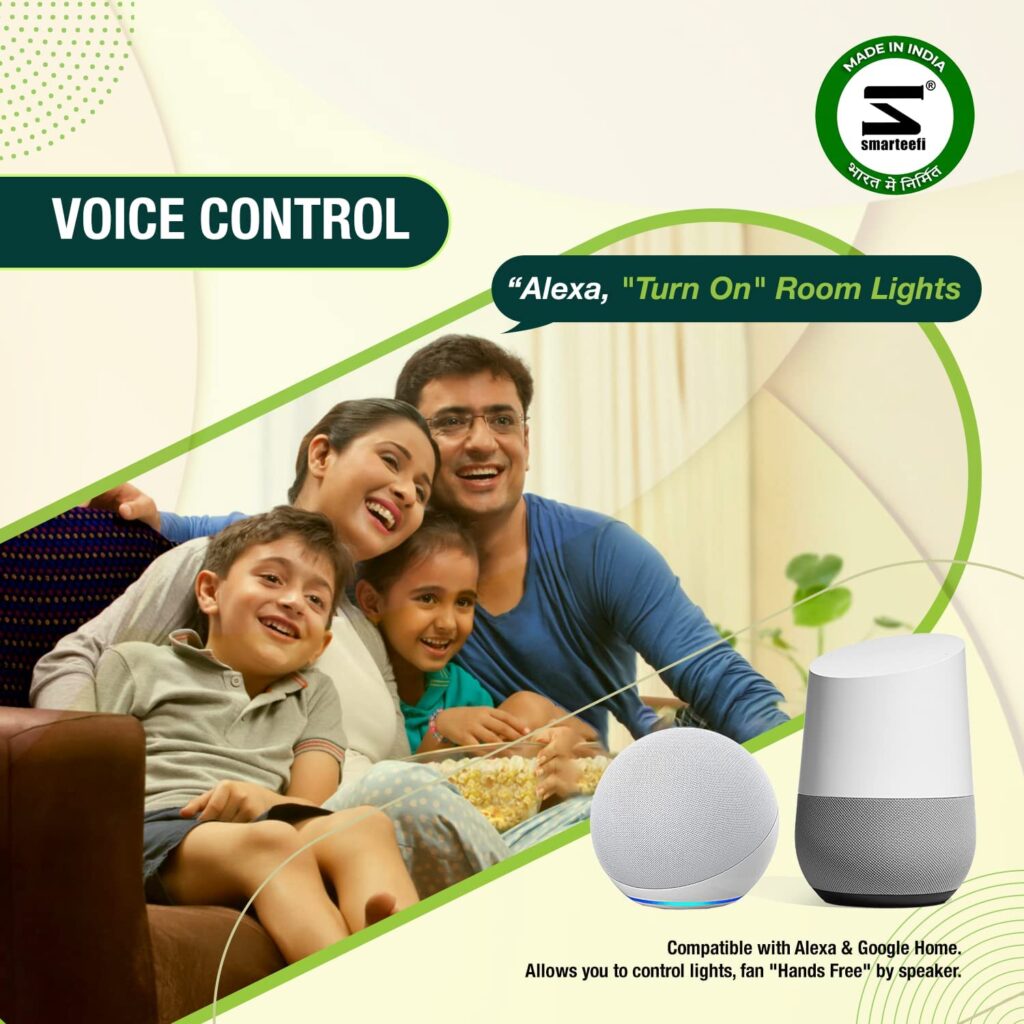
Voice-controlled smart homes have gained significant traction with the introduction of voice assistants like Amazon Alexa and Google Home. These devices serve as centralized hubs that allow users to interact with their smart home systems through simple voice commands. Voice assistants can control lighting, play music, provide weather updates, and even control other smart devices, creating a hands-free, intuitive user experience.
Smart sensors play a crucial role in enhancing home automation trends, enabling real-time monitoring and responses to environmental changes. For instance, motion sensors can trigger security alarms, while temperature and humidity sensors can adjust HVAC systems for optimal comfort. These innovations in smart homes enhance safety, convenience, and energy efficiency, forming an integral part of the smart home ecosystem.
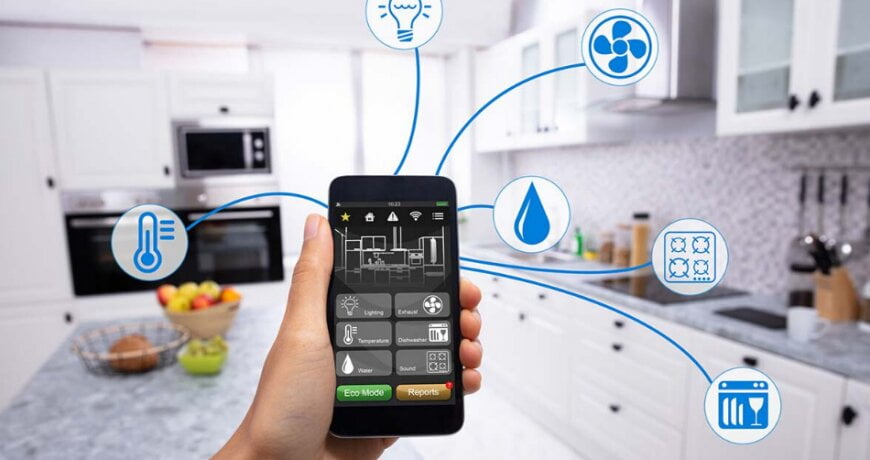
Collectively, these technologies create a seamless smart home experience, transforming ordinary houses into intelligent living spaces that offer unprecedented levels of control, efficiency, and convenience. The future of home automation promises to bring even more sophisticated innovations, continually pushing the boundaries of what’s possible in creating smarter, more connected living environments.
Smart home technology has revolutionized the way we interact with our living spaces, providing convenience, efficiency, and enhanced security. Among the myriad devices available, certain smart home devices have gained significant popularity due to their innovative features and practical benefits.
Smart Thermostats
Smart thermostats have become a staple in many connected homes due to their ability to optimize energy usage and enhance comfort. These devices learn homeowners’ habits and adjust temperatures accordingly, contributing to an energy-efficient smart home. Features such as remote control via smartphone apps, integration with voice-controlled smart homes, and compatibility with various home automation systems make them indispensable.
Smart Lighting
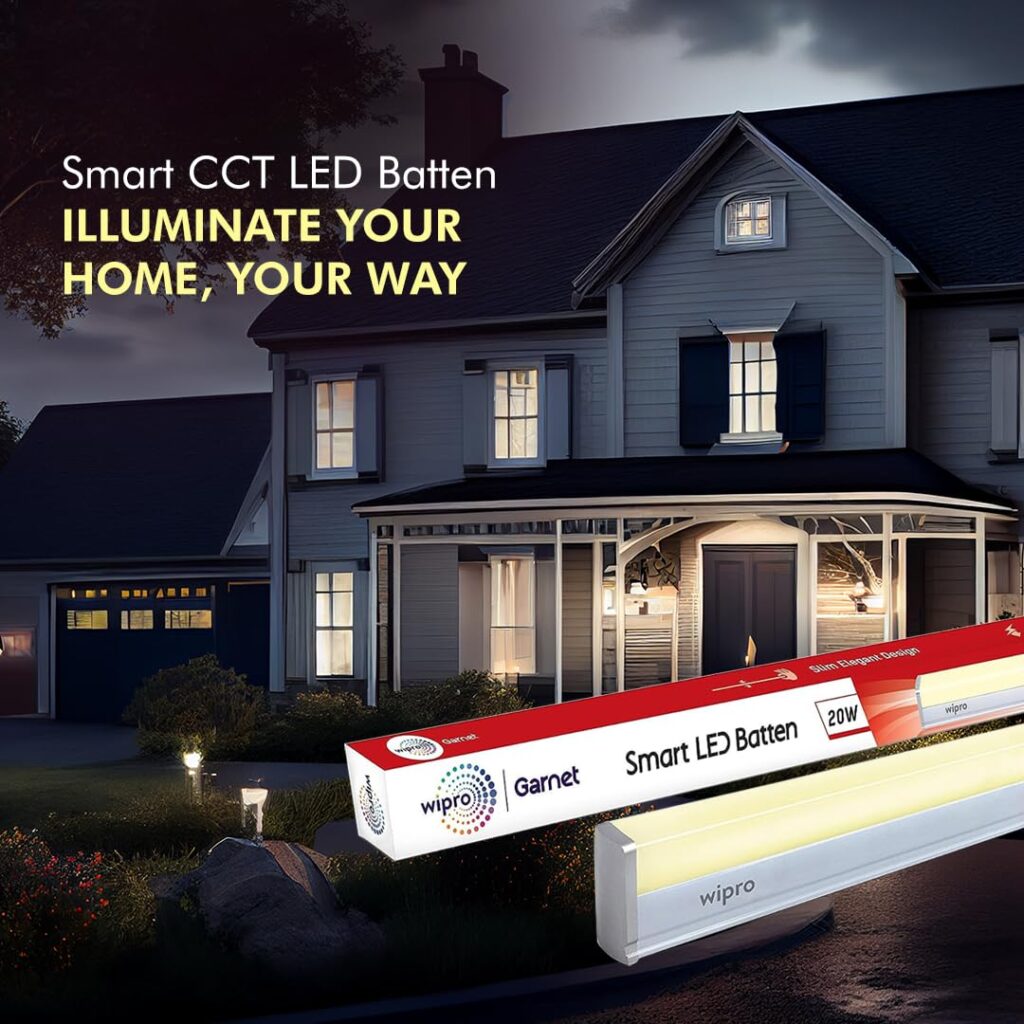
Smart lighting systems offer unparalleled control over home illumination. Users can adjust lighting intensity, color, and schedules through mobile apps or voice commands, creating customized environments for different times of the day or activities. Additionally, smart lighting contributes to an energy-efficient smart home by using LED technology and automation to reduce unnecessary power consumption.
Smart Locks
Smart locks enhance home security by providing keyless access and real-time monitoring. Homeowners can lock and unlock doors remotely, receive notifications about entry attempts, and even grant temporary access to guests. Integration with other connected home devices, such as smart doorbells and security cameras, creates a cohesive smart home ecosystem that prioritizes safety.
Smart Security Cameras
Smart security cameras are pivotal in modern home security systems, offering features such as high-definition video recording, night vision, motion detection, and live streaming. These devices can be monitored remotely, providing peace of mind and allowing for immediate action in case of suspicious activity. When integrated with other IoT in home automation systems, they further enhance the home’s protective measures.
These popular smart home devices exemplify the advancements in home automation trends, making everyday life more convenient, secure, and efficient. As innovations in smart homes continue to progress, the integration and functionality of these devices will only improve, shaping the future of home automation.
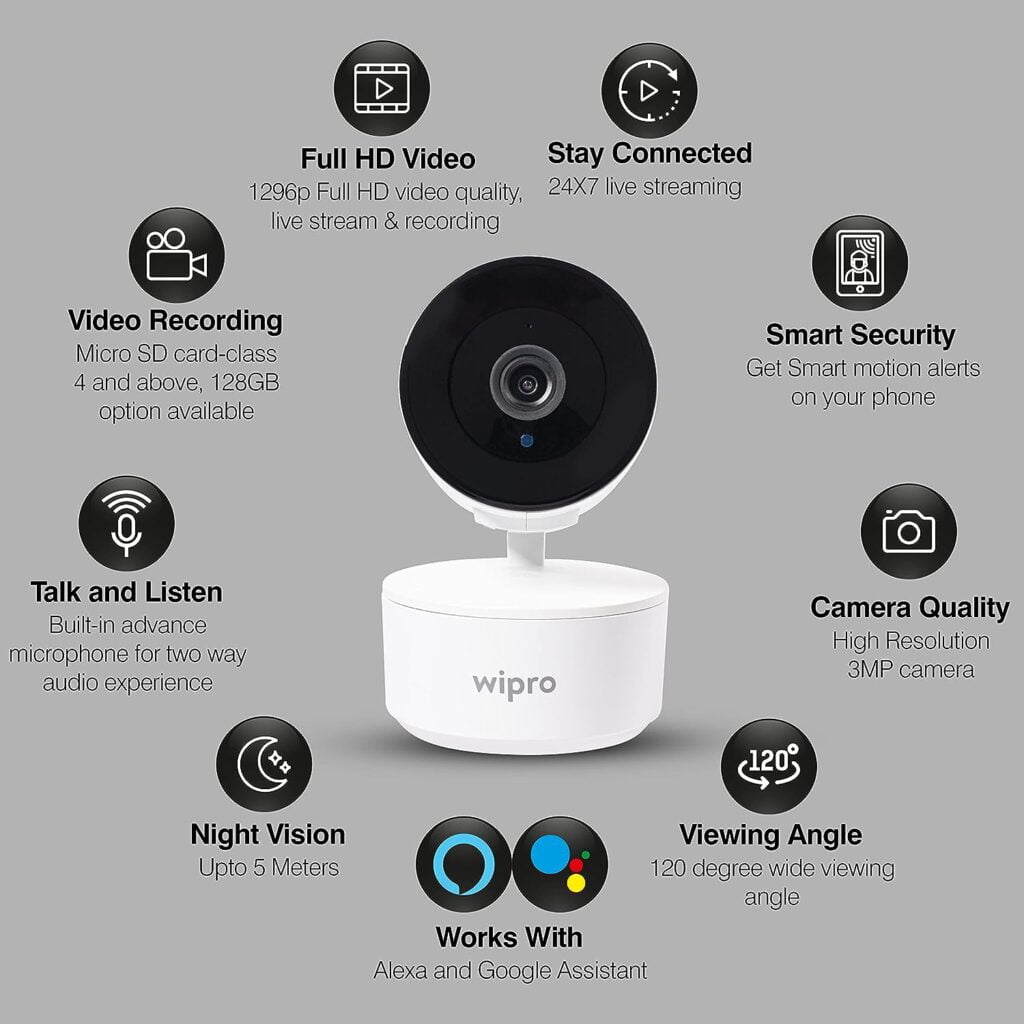
As we venture into an era dominated by technological innovation, the landscape of home automation is experiencing significant transformations. One of the most notable trends in this domain is the advancement of smart home ecosystems. These interconnected systems enable seamless integration of various connected home devices, facilitating a unified control interface. This holistic approach not only simplifies user interaction but also enhances the efficiency and functionality of smart homes.
Energy management is another pivotal trend in the realm of smart home technology. With a growing emphasis on sustainability, energy-efficient smart homes are becoming increasingly popular. Advanced energy monitoring systems and smart meters allow homeowners to track their energy consumption in real-time, make informed decisions, and reduce their carbon footprint. Additionally, the integration of renewable energy sources, such as solar panels and wind turbines, into the smart home ecosystem is gaining traction. These innovations not only contribute to environmental conservation but also offer significant cost savings over time.
Health and wellness monitoring is an emerging trend that is reshaping the future of home automation. Smart homes are now equipped with devices that monitor air quality, detect allergens, and ensure optimal humidity levels, thereby creating a healthier living environment. Moreover, advanced IoT in home automation is being leveraged to track vital health metrics and provide timely alerts, which is particularly beneficial for elderly individuals or those with chronic health conditions. This integration of health-focused technology into smart homes underscores a broader shift towards preventative health care and enhanced well-being.
The synergy of these innovative trends is driving the future of home automation towards more intelligent, efficient, and sustainable living spaces. As smart home ecosystems continue to evolve, the potential for further advancements in energy management, health monitoring, and renewable energy integration remains vast. Consequently, the continued development and adoption of these technologies will undoubtedly shape a more connected, efficient, and healthier living environment for homeowners worldwide.
Artificial intelligence (AI) has emerged as a pivotal force in the advancement of smart home technology. By integrating AI, modern home automation systems can significantly enhance personalization, predict user behavior, and bolster home security. AI-driven innovations in smart homes are making it possible to create environments that adapt to the unique preferences and needs of their inhabitants.
Personalization through AI
Personalization is a key area where AI is making a substantial impact within the smart home ecosystem. Machine learning algorithms analyze data from various connected home devices, learning users’ routines, preferences, and behaviors. This information enables the system to adjust settings automatically, such as optimizing the thermostat for ideal climate control or adjusting lighting based on time of day and activity. For instance, smart home systems can pre-warm the house before the user arrives home from work, ensuring a comfortable environment upon entry. The seamless integration of AI ensures that the home environment is always tailored to individual needs and preferences, enhancing the overall living experience.
Predictive Behavior and Efficiency
AI’s capability to predict user behavior is another transformative application in home automation trends. By analyzing historical data, AI-powered systems can anticipate future actions and conditions, thereby optimizing resource usage and improving efficiency. For example, an AI-driven climate control system can predict temperature preferences and adjust heating or cooling in advance, leading to energy-efficient smart homes. Similarly, predictive algorithms can recommend energy-saving tips or automatically shut down devices when not in use, contributing to a more sustainable and cost-effective smart home ecosystem.
Enhancing Home Security
Security is a critical concern in the realm of smart homes, and AI is at the forefront of innovations aimed at enhancing protective measures. AI-driven security systems employ advanced technologies such as facial recognition, anomaly detection, and real-time monitoring to safeguard homes. These systems can distinguish between familiar faces and potential intruders, sending instant alerts to homeowners or authorities in case of suspicious activity. Additionally, AI can analyze patterns and detect unusual behaviors that might indicate a security threat, providing an added layer of protection that is both proactive and responsive.
In conclusion, the integration of AI in smart homes is reshaping the landscape of home automation. Through personalization, predictive behavior, and enhanced security, AI is driving forward the future of home automation, creating smarter, more efficient, and safer living environments.
As the proliferation of smart home technology continues to grow, so do the concerns surrounding security and privacy. Innovations in smart homes have introduced a myriad of connected home devices that can simplify daily routines, but they also bring about significant security risks. Vulnerabilities such as hacking and data breaches are increasingly becoming a concern for homeowners who embrace home automation trends.
Common Vulnerabilities
One of the most pressing issues is the susceptibility of IoT in home automation to cyber-attacks. Hackers can exploit weak points in smart home ecosystems, gaining unauthorized access to personal data and connected devices. Common vulnerabilities include insecure Wi-Fi networks, outdated firmware, and the use of default passwords. Such security lapses can lead to unauthorized control of home functions, from adjusting thermostat settings to unlocking doors.
Data privacy is another critical concern. Connected home devices continuously collect and transmit data, often storing it on cloud servers. This data, which can include personal information and usage patterns, may be at risk if the servers are compromised. Unauthorized access to this data can result in severe privacy breaches, with potential misuse of personal information.
Protecting Your Smart Home Network
To mitigate these risks and ensure the safety of a voice-controlled smart home, homeowners can take several precautionary measures. First and foremost, securing the home Wi-Fi network is crucial. This includes using strong, unique passwords and enabling network encryption. Regularly updating the firmware on all connected devices can also help to patch vulnerabilities and enhance overall security.
Additionally, implementing multi-factor authentication (MFA) where available can add an extra layer of protection. Homeowners should also be cautious about the smart devices they integrate into their systems, opting for reputable brands known for their robust security protocols. For those particularly concerned about privacy, creating isolated networks for smart devices can prevent them from accessing sensitive information stored on primary networks.
As the future of home automation continues to evolve, staying informed about potential security and privacy issues is essential. By taking proactive steps, homeowners can enjoy the conveniences of a smart home while safeguarding against the associated risks.
Benefits of Smart Homes
The advent of smart home technology has revolutionized the way we live, offering a multitude of advantages that enhance daily life. One of the primary benefits is increased convenience. Connected home devices, such as smart thermostats and lighting systems, can be controlled remotely via smartphone apps, allowing homeowners to adjust their environment effortlessly. For instance, the ability to preheat your oven while you’re still at the grocery store or turn off lights you forgot to switch off when leaving the house exemplifies the convenience offered by smart home automation trends.
Another significant advantage is energy efficiency. Smart devices like programmable thermostats and energy-efficient smart homes appliances play a crucial role in reducing energy consumption. By learning your daily routines and automatically adjusting settings, these innovations in smart homes help lower utility bills and minimize environmental impact. A case study from a family in California, who integrated smart home technology, reported a 20% reduction in their energy costs within the first six months.
Enhanced security is another compelling benefit of the smart home ecosystem. Smart home security systems, including smart locks, cameras, and motion sensors, provide real-time monitoring and alerts, ensuring your home is protected at all times. For example, a couple in New York City installed a comprehensive smart security system that enabled them to prevent a potential break-in by receiving an instant alert and contacting authorities while they were on vacation.
Lastly, smart home technology significantly improves quality of life. Voice-controlled smart homes offer accessibility benefits for elderly or disabled individuals, allowing them to manage home functions using simple voice commands. Moreover, the integration of IoT in home automation creates a seamlessly connected home environment, enhancing comfort and ease of living. As a testament to its impact, a survey revealed that 85% of smart home users experienced a notable improvement in their overall lifestyle quality.
The Future of Smart Homes
As we look towards the future, the evolution of smart home technology is poised to revolutionize daily living in unprecedented ways. One of the most significant advancements that will shape the future of smart homes is the widespread adoption of 5G technology. With its promise of ultra-fast data transfer speeds and low latency, 5G will enable more seamless and responsive connected home devices, enhancing the overall smart home ecosystem. This would allow for real-time interactions with home automation systems, making voice-controlled smart homes more efficient and user-friendly.
Another driving force behind the future of home automation is the continuous advancement in Artificial Intelligence (AI). AI technologies are becoming increasingly sophisticated, allowing for more personalized and intuitive smart home experiences. For instance, AI-powered systems can learn and predict household behaviors, adjusting lighting, temperature, and security settings automatically to suit individual preferences. The integration of machine learning algorithms with IoT in home automation will further refine the functionality and adaptability of connected devices, leading to the emergence of fully autonomous homes.
Moreover, innovations in smart home security are expected to advance significantly. With AI and IoT, smart home security systems will become more intelligent and proactive in detecting and responding to potential threats. Enhanced biometric authentication, advanced surveillance systems, and predictive analytics will provide homeowners with unparalleled peace of mind.
The impact of these technological advancements on the housing market cannot be overstated. As smart home technology becomes more ingrained in new constructions, the demand for energy-efficient smart homes will likely surge. Future homebuyers will prioritize properties equipped with the latest home automation trends, driving up property values and reshaping real estate market dynamics.
In conclusion, the future of smart homes is bright, with innovations in smart homes continuously pushing the boundaries of what is possible. As these technologies evolve, they will redefine our living spaces, making everyday life more convenient, secure, and sustainable.

